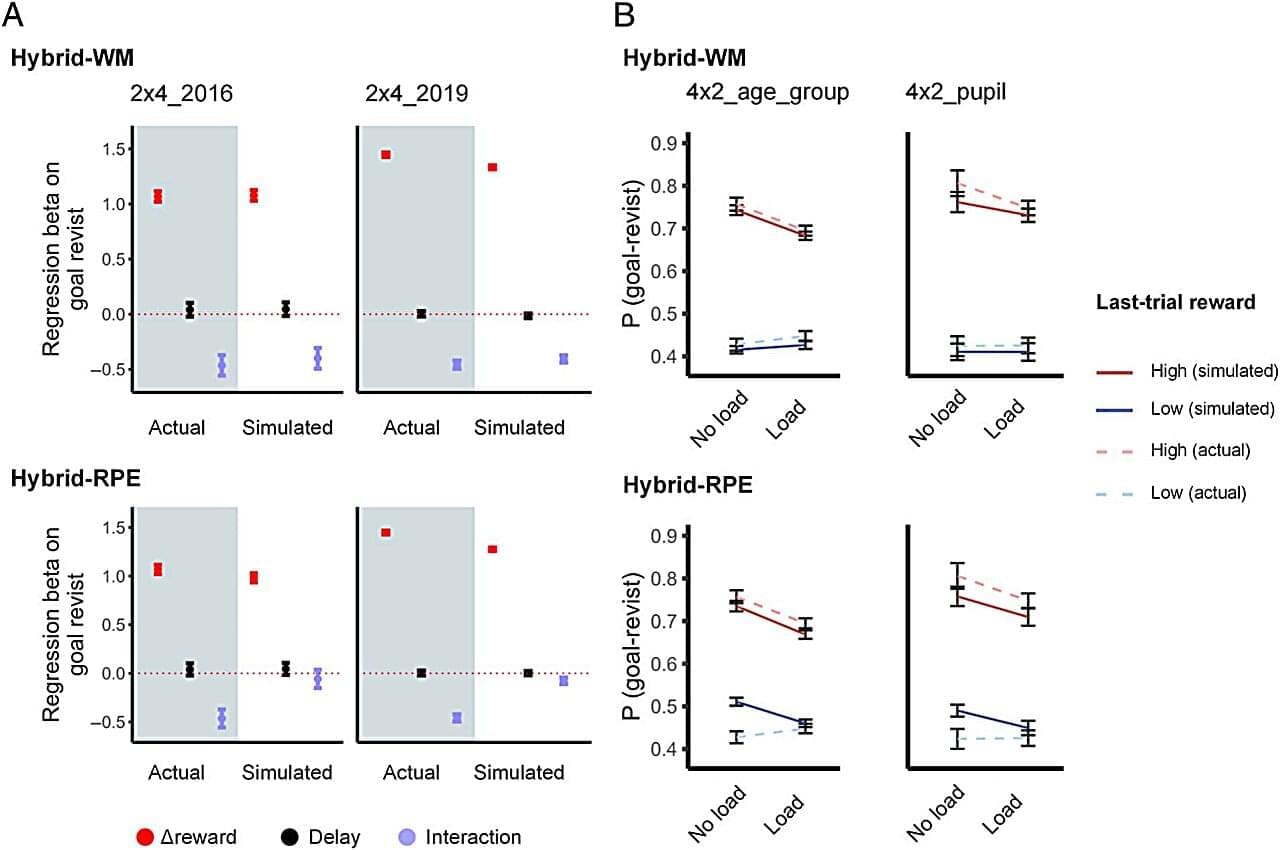A study led by Prof. Li Hai from the Hefei Institutes of Physical Science of the Chinese Academy of Sciences has revealed that the balance between habitual and goal-directed decision-making strategies is influenced by the availability of working memory resources.
The findings, published in the Journal of Cognitive Neuroscience, provide a new framework for understanding how sequential decisions are made.
Everyday decisions often involve a series of choices aimed at reaching a goal-whether selecting a restaurant or deciding on the route. People vary in how they make decisions: some rely on habits, while others adjust based on new information and changing goals.
